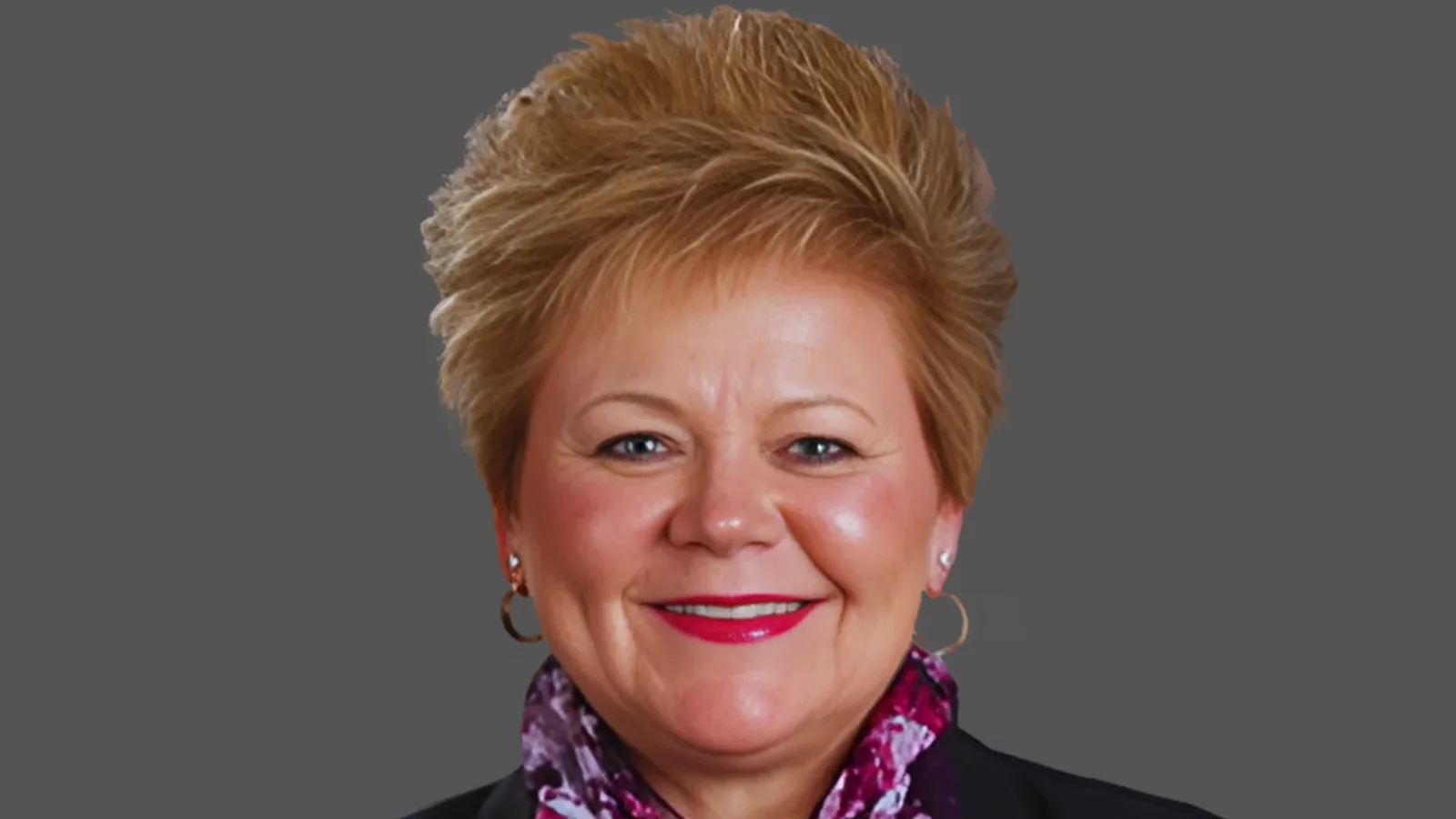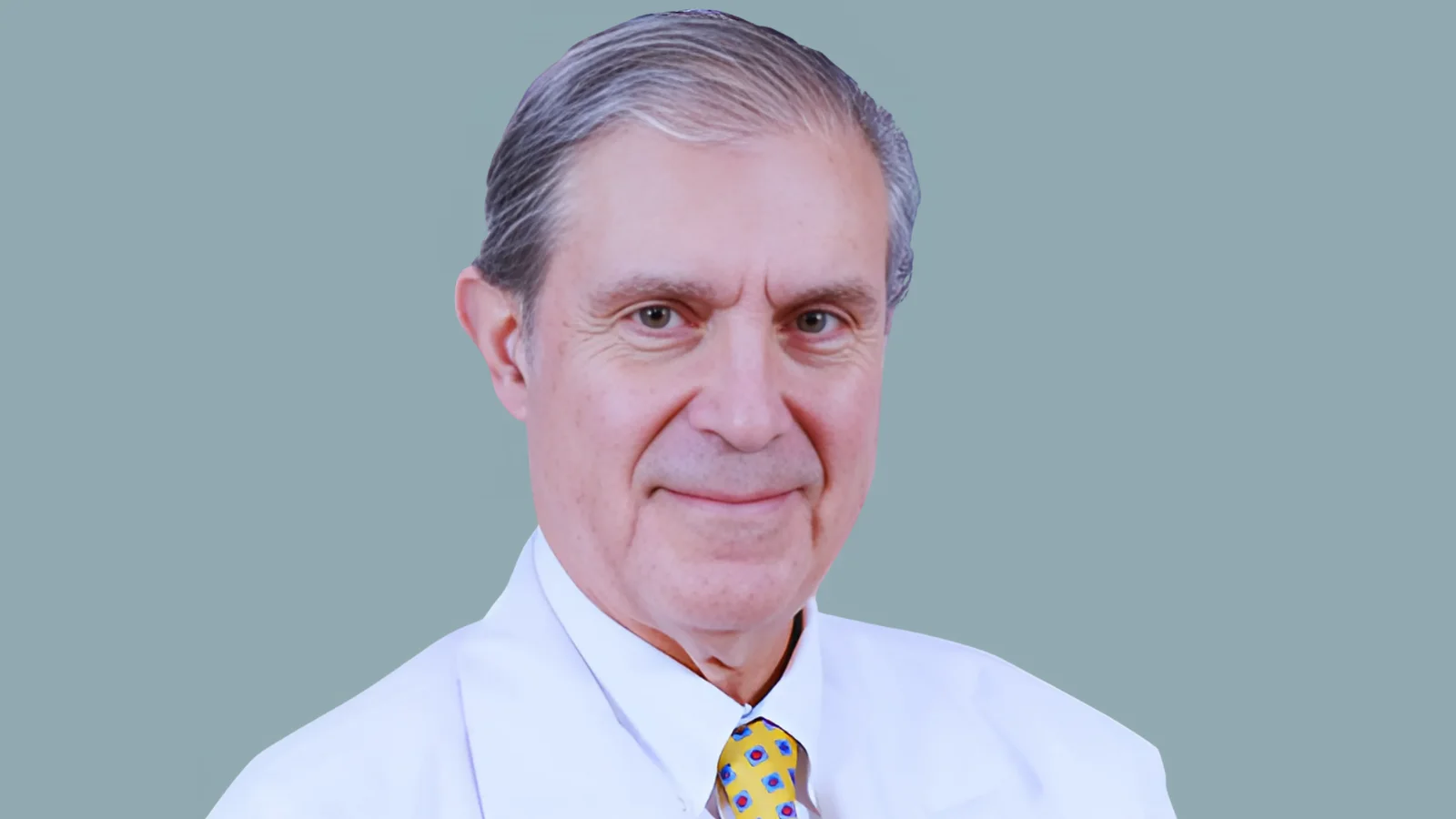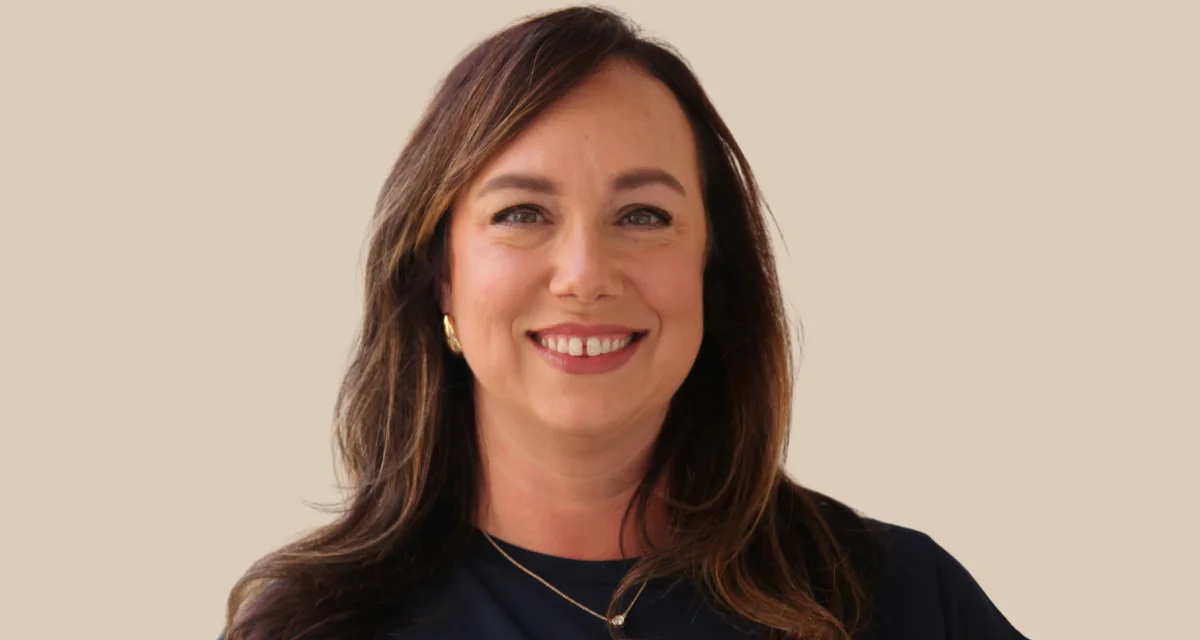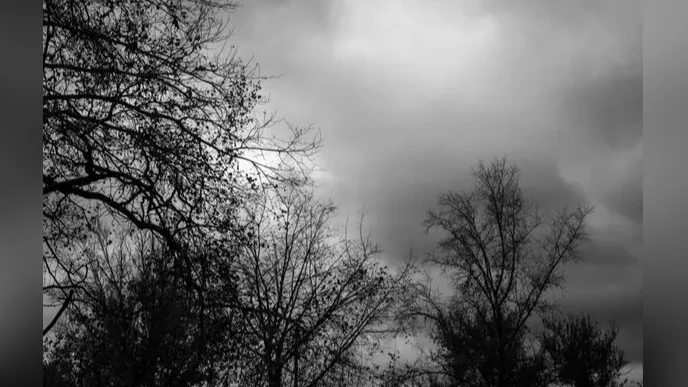The final episode of the Emmy-winning docuseries "Scattered Denial: The Occupational Dangers of Radiation" has been released, featuring Dr. Dean Kereiakes, Chairman of The Christ Hospital Heart & Vascular Institute, as a prominent contributor. The six-part series examines the health risks that cardiovascular interventionalists and their teams face due to long-term exposure to radiation in catheterization laboratories.
Dr. Kereiakes shared his personal experience with occupational injury after decades of performing surgeries. In early 2024, he began suffering from severe back pain, loss of arm use, and reduced function in his right leg.
“There was a real concern that I would become a quadriplegic due to years of wearing heavy lead vests while performing surgery in the Cath Lab,” said Dr. Kereiakes. “It was clear, that following decades of wearing those lead safety vests, that I would need spine surgery myself.”
He described the challenges associated with traditional protective equipment: aprons designed to shield against radiation once weighed more than 30 pounds and were often worn for up to 10 hours during lengthy procedures.
"If you're an interventional cardiologist for 20 years your chance of having a significant spine injury is about 60 percent. It just literally crushes your spine. You see your whole professional life and worse your personal life neglected because of your work life imbalance. It’s an amazing overwhelming stark realization.”
Following his own experience, Dr. Kereiakes became an advocate for adopting lead-free radiation protection systems intended to reduce the risk of long-term injuries such as spinal problems, cataracts, and cancer among healthcare workers.
“To bring awareness on this issue that so many interventional cardiologists face, I decided to take part in the docuseries to get the word out on these new inventions to help physicians and staff who work in the cath lab ‘stay in the game’ longer. These occupational hazards have been part of the job for decades. Now we can do something about this and I’m huge supporter of the new technology.”
The docuseries also includes insights from Dr. Timothy Henry, Medical Director at The Carl and Edyth Lindner Center for Research and Education at The Christ Hospital Health Network. He commented on witnessing his colleague's struggle:
“Dean is a remarkable man,” said Dr. Henry in the docuseries. “He’s been my friend for a long time. When Dean had his event, and obviously it was catastrophic, I think it sent shockwaves throughout the whole interventional cardiology community. When you watch a very close friend of yours go through something like Dean did, it has a powerful impact. You realize that could be you.”
As a result of these experiences, Dr. Kereiakes now supports lead-free protection systems that shield against radiation at its source rather than relying solely on wearable gear for staff protection. The Christ Hospital Health Network is currently working to equip all 12 catheterization labs with this new technology.
The Christ Hospital Health Network operates multiple facilities across Cincinnati including an acute care hospital in Mt. Auburn, another hospital location in Liberty Township, five outpatient centers, and numerous medical offices throughout the region. With over 1,300 physicians and more than 7,200 employees serving patients for over 135 years, it has been recognized by U.S News & World Report as the top hospital in Cincinnati and included on Newsweek’s World’s Best Hospitals list for 2025.
 Alerts Sign-up
Alerts Sign-up





